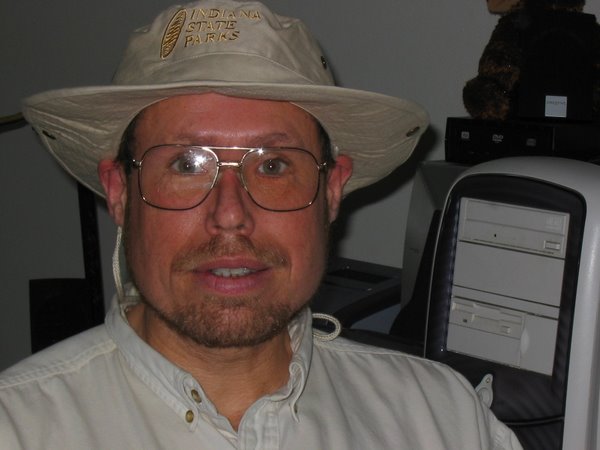© 2006 Mark Robert Gates
One main problem, with today’s crisis driven disability treatment, is an appearance, to those being treated, of taking opportunity away from people, who suffer with mental disorders. For all our efforts to help a person to find a light at an end of this tunnel, there are few options, of which, where there is an apparent road, leading to a point outside of having life controlled by others. Everything a person wants, often looks to be, on a far away side of life, beyond their reach, moreover, care providers unknowingly are standing, in a path of which, creates confusion over what happens next in treatment. A fact of clubhouse culture, http://www.iccd.org/, and NAMI, http://www.nami.org/, involvement, is all too often I meet people who say, “I do not like my doctor, I do not like what is happening to me, and I do not understand what is going on.” And, it always saddens me as I know personally how valuable, trust and understanding, are in treatment, and a real freedom exists, to choose one's doctors, therapists and counselors. Life can make a person feel worthless, even if well, however, when struggling with an illness without societal support, it can seem as if, there is no point in succeeding in treatment. We can encourage in a person a paradigm of wellness, as being worth an effort being put forth, yet, constantly crashing into a wall of public disdain, leaves a person wondering why should I bother.
In order to successfully treat mental disorders, a process of removing all cages, is an important task, moreover, those blessed enough to know life in wellness have a duty to reach in and help pull others out of despair. There is no sin in love and in understanding, and no weakness in kindness and in compassion. With effort, we can straighten out our treatment tunnel, to allow all people hope of seeing, and reaching, all lights, of which, exist at its other end. We are going to see people in this struggle, as an albatross, until we care enough to offer only help, of which, there is a point at which wellness is always reached, and is always seen as worth everyone’s best efforts.
Some people, in our system of treatment, have been ill all of their life, and have no paradigm, of which, to know what is to be considered a state of wellness. No one takes enough time to help give people a road map, to a paradigm of wellness, in which there is a point, of a successful positive outcome. A presumption is made of all having an idea of leading, an enlightened and wholey well life, in their mind to focus on, whereas, most often wellness, does not appear to be ahead, on any presently traveled paths. Even if a person can look back on a paradigm from a point in life of wellness, there is a tendency to want to return there, and start again, by avoiding today’s disordered life. This trip, completely foreign as is now ahead, is consuming all time, in its endeavors to create wellness, and seemingly has no hope of ever bringing freedom.
One of my favorite things to do, is to go to our local zoo, and take a long walk through with a friend, and look at creation’s exotic animals, however, they all seem so unhappy caged. Life trapped in a body with a chemical imbalance is very much like living in a cage, from which, there is no escape. A severe depression, created by a chemistry, of which, determines today’s affect, can often create a desire to escape. A viable option can appear to be getting out of this misfortunate situation by leaving the body through suicide. If out of control chemistry is not enough, social stigma placed on needing treatment and taking medications, is enough to push someone toward a cliffs edge. Being entrapped in a body with a disorder is enough, and often on top of all, is our society of which frowns on any imperfection. More study needs to be done, on effects of this social stigma, not only in adults, however, more importantly, in children, to attempt to discover if social stigma about treatment and medication, contribute to suicide rates. And also, as life in a cage, is not now, or ever, going to be seen as pleasant. – Mark Robert Gates
Thursday, February 16, 2006
Subscribe to:
Comments (Atom)



